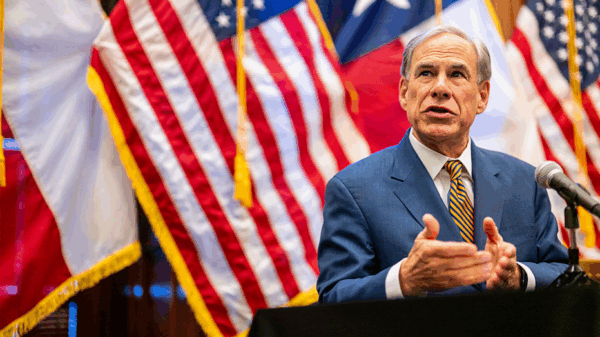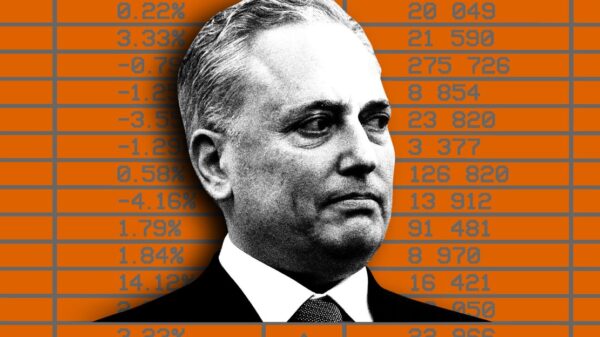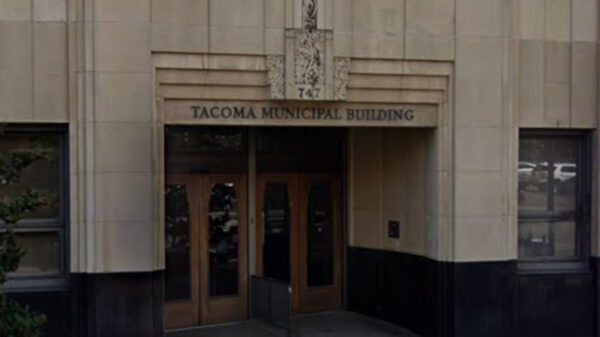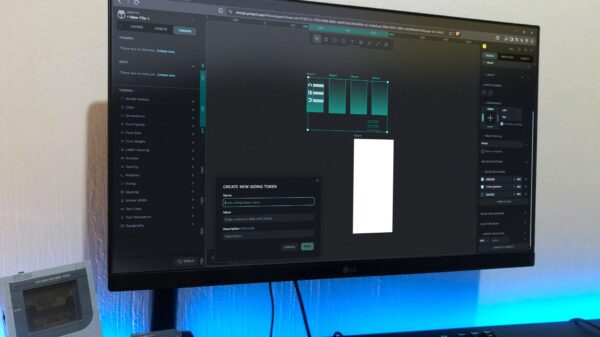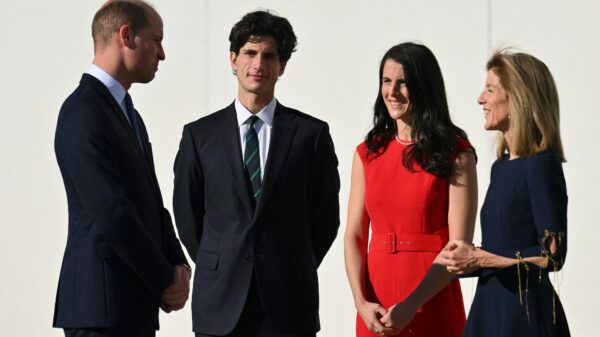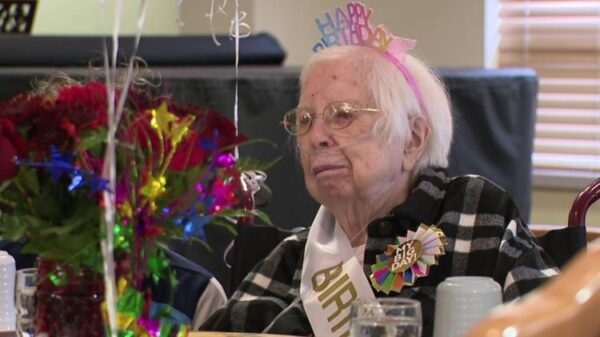In a significant display of dissent, tens of thousands of protesters gathered in Tbilisi, Georgia, on October 7, 2023, to voice their opposition to the government led by the ruling party, Georgian Dream. The protest coincided with municipal elections that were boycotted by major opposition parties, reflecting widespread discontent with the government’s approach to governance and democratic processes.
As the protests intensified, police deployed water cannons and pepper spray to disperse demonstrators who attempted to breach the gates of the presidential palace. The rally was marked by participants carrying Georgian flags and placards advocating for membership in the European Union, a crucial aspiration enshrined in the country’s constitution. Many view this goal as integral to Georgia’s sovereignty and democratic future.
The backdrop to these protests is the government’s previous decision to halt discussions regarding EU membership, a move that prompted significant unrest and allegations of electoral manipulation. Last year, Georgian Dream claimed victory in an election that opposition figures described as rigged, leading to a series of protests met with a harsh crackdown involving mass arrests and police violence.
Escalating Tensions and Government Response
Critics of the Georgian government assert that its recent legislative measures echo those implemented in Russia under President Vladimir Putin, where dissent is systematically suppressed. The government has enacted laws targeting demonstrators, non-governmental organizations, and independent media, creating a climate of fear among those advocating for democratic rights.
Protester Sophio Asatiani expressed the determination of those gathered, stating, “We fight for our rights, for independence.” She articulated a strong desire to avoid a return to the Soviet era when Georgia was governed from Moscow. The sentiment of reclaiming power from the ruling elite resonated throughout the crowd.
The rally’s organizers, including renowned opera singer Paata Burchuladze, urged participants to “take power back into the hands of the people.” The protest reflected a broader frustration with a government that has jailed key opposition figures, attempted to silence critical media outlets, and imposed steep fines against largely peaceful protests.
Despite the government’s attempts to quell dissent, the rallies have persisted, underscoring the resilience of those who demand accountability and adherence to democratic principles. The recent events in Tbilisi highlight the ongoing struggle within Georgia, as citizens navigate their aspirations for a future aligned more closely with the European Union and democratic ideals.
As the political landscape continues to evolve, the response from the Georgian government and the international community will be pivotal in shaping the next chapter of this complex narrative.





